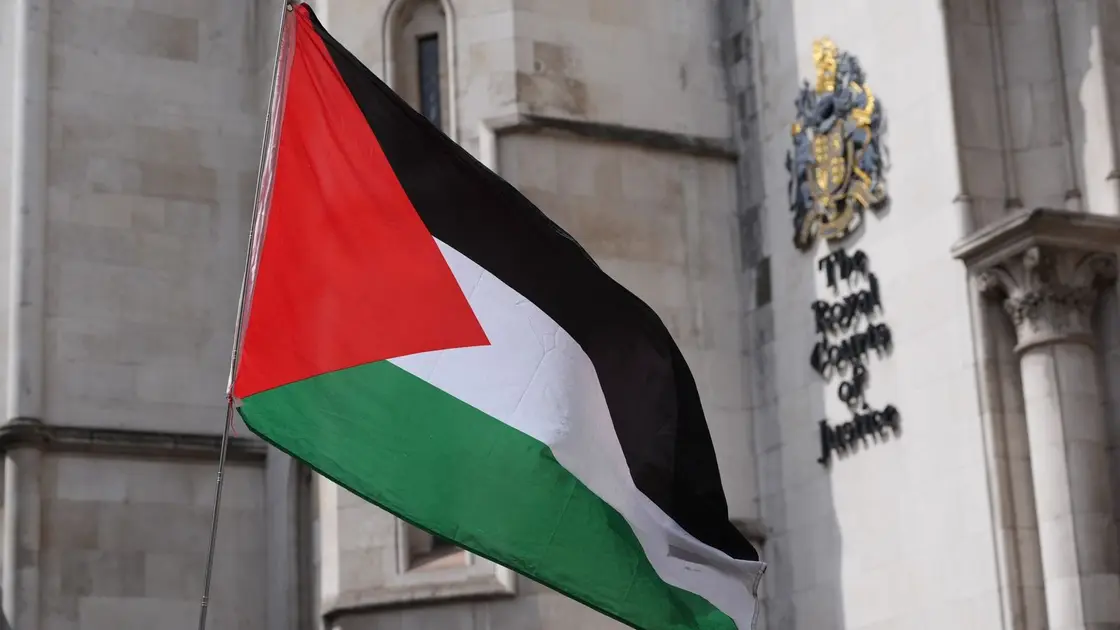T4K3.news
Police arrest 13 at Norwich Palestine Action protest
Police detained 13 protesters outside City Hall on suspicion of displaying support for a proscribed group, under the Terrorism Act 2000.
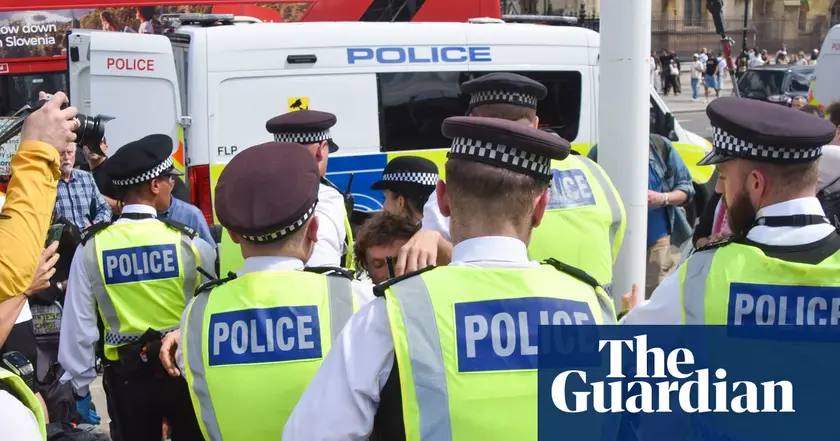
A Norwich protest ended with 13 arrests on suspicion of displaying support for a proscribed group.
Police arrest 13 at Palestine Action protest in Norwich
Norfolk police arrested 13 people outside City Hall in Norwich on Saturday on suspicion of displaying support for Palestine Action, a group now proscribed under the Terrorism Act 2000. The arrests followed a protest in St Peters Street as officers assessed placards referencing the organisation. Five people were taken to the Wymondham police investigation centre for questioning; the remaining eight were spoken to and later de-arrested. A 14th sign was seized during the event.
The arrests come as the Metropolitan Police announced more prosecutions of individuals linked to Palestine Action since the group was banned on July 5. The Met said it could investigate and prosecute significant numbers each week if necessary. Greenpeace and Human Rights Watch have urged the attorney general to pause prosecutions until a legal challenge to the ban is heard. Palestine Action was proscribed last month by Home Secretary Yvette Cooper after the group claimed responsibility for damage to jets at RAF Brize Norton and was linked to allegations of assaults at a business premises in Gloucestershire.
Key Takeaways
"We will always work to facilitate peaceful protest and protect the democratic right to assembly, however the actions of this group were unlawful."
Norfolk police reaction to Saturday arrests
"Any breaches of the law will be dealt with."
Police statement on enforcement
"Arrangements have been put in place that will enable us to investigate and prosecute significant numbers each week if necessary."
Metropolitan Police on ongoing prosecutions
The case tests the balance between public safety and the right to peaceful protest. Proscription gives authorities a legal lever, but it also raises questions about how broad such bans should be and who is affected on the street level. The police tone emphasizes order and legality, while the broader debate centers on civil liberties and the risk of chilling dissent in public spaces. In the weeks ahead, court challenges and new prosecutions will likely shape how freely groups can campaign and how aggressively the state can police protest under broad security laws.
Highlights
- Peaceful protest is protected, unlawful acts are not.
- The law will be enforced, not the volume of a crowd.
- Proscription places a legal stamp on dissent with real consequences.
- The coming weeks will reveal how far authorities will go to prosecute.
Risk of political backlash and legal tension
The use of proscription and mass arrests over protest raises questions about civil liberties, the scope of state power, and potential backlash from activists and international observers.
The road ahead will reveal how firmly the law will be applied in political street action.
Enjoyed this? Let your friends know!
Related News
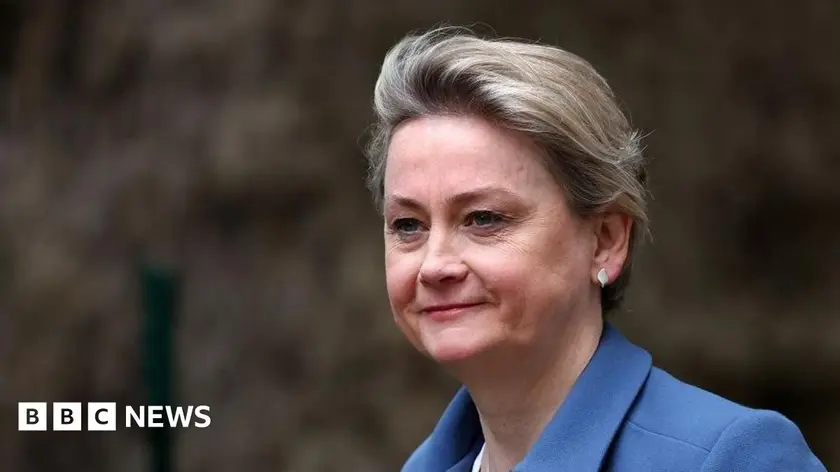
Palestine Action ban defended amid rising arrests
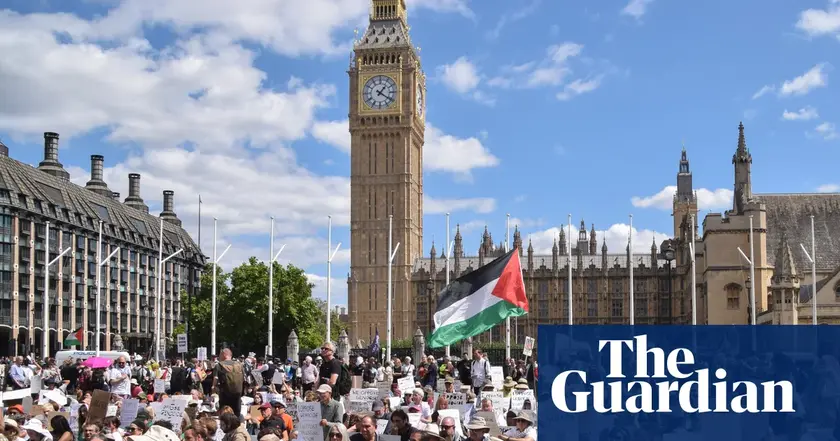
London Palestine Action protest arrests
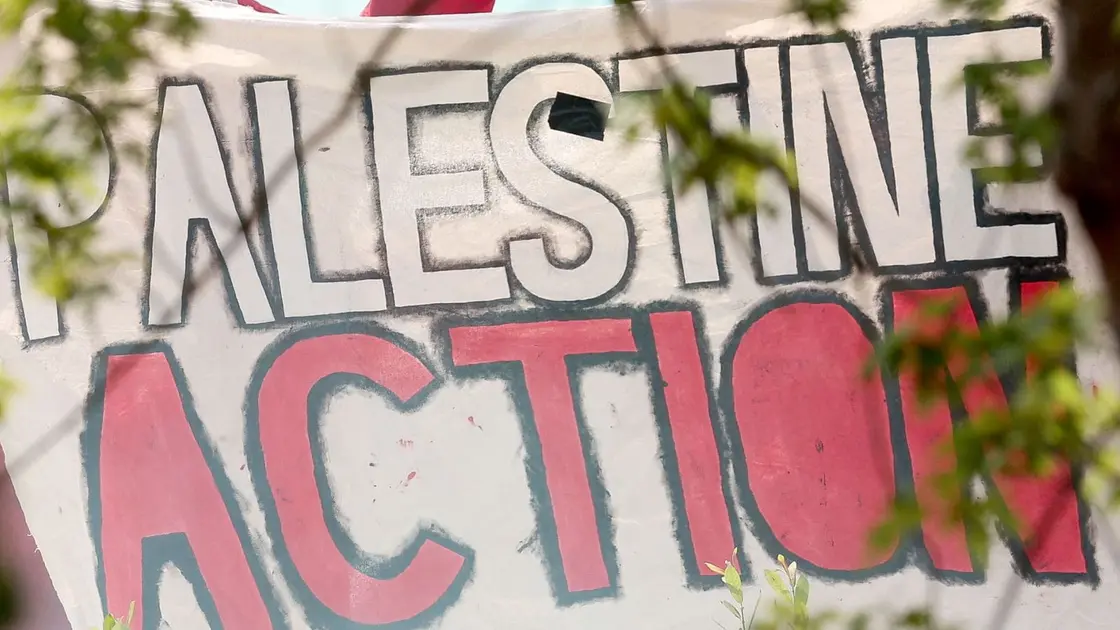
Prosecution push on Palestine Action supporters
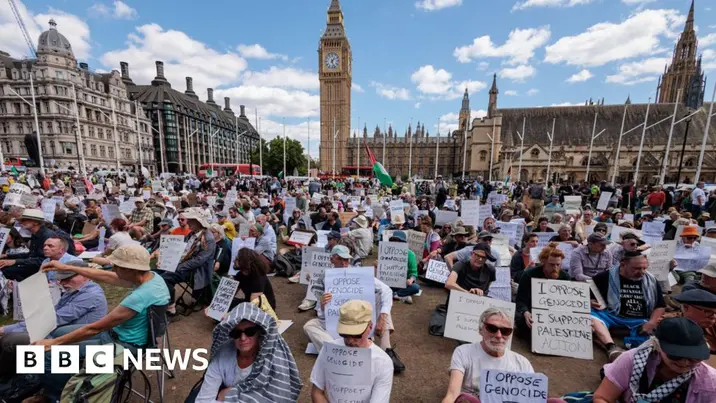
London protest arrests rise to 532
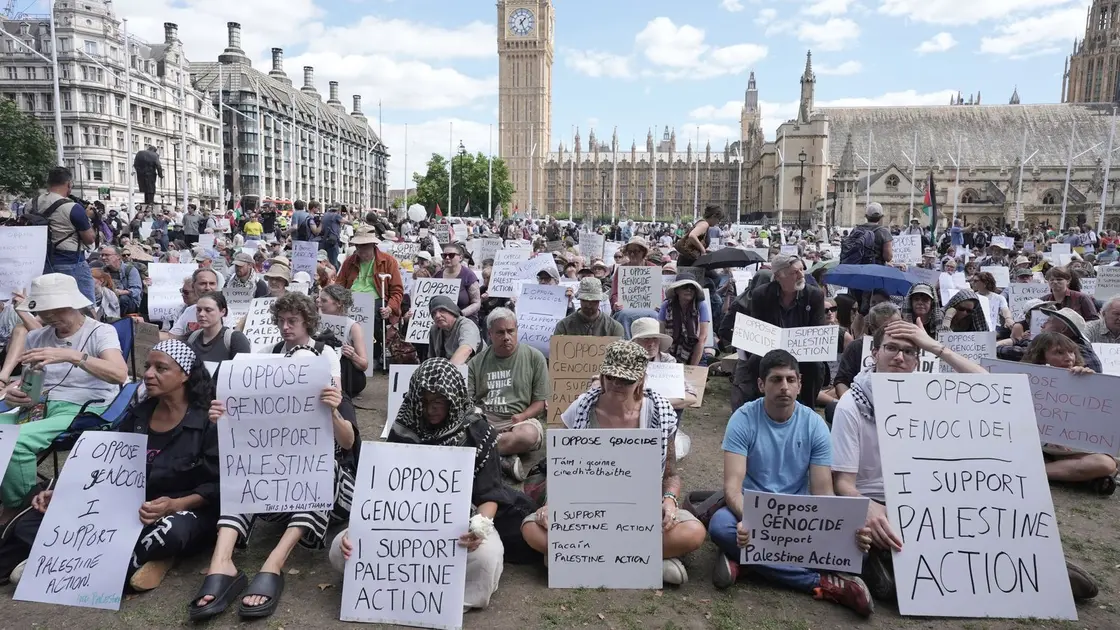
Mass arrests at Parliament Square protest after proscription
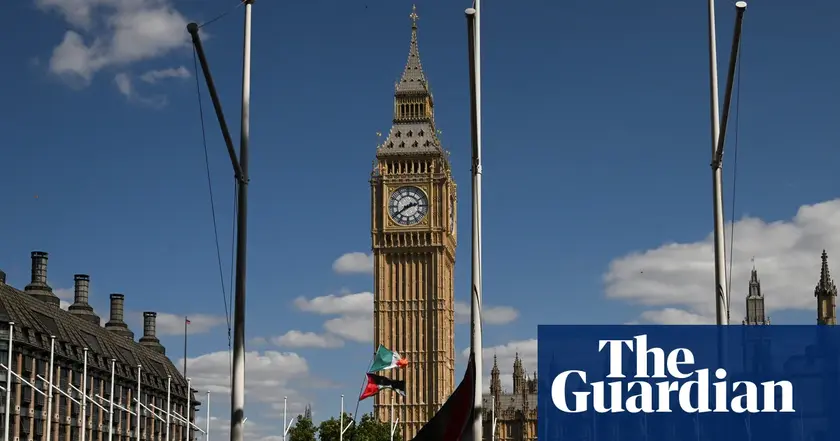
Protests raise questions over anti-terror laws
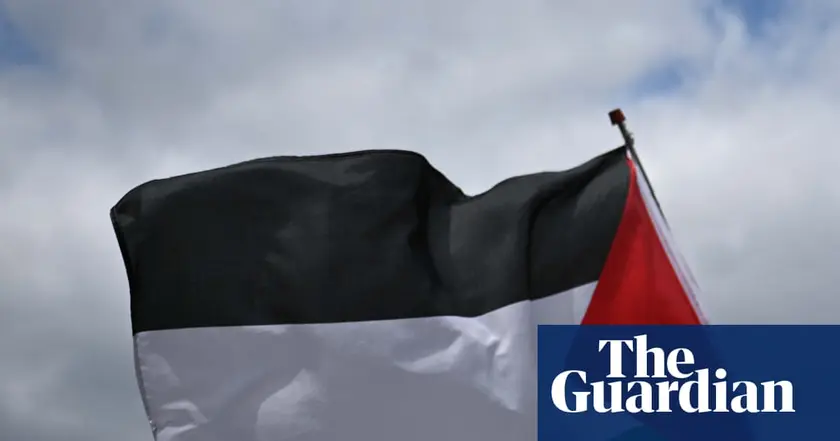
Arrests made during Liverpool pro-Palestine protest
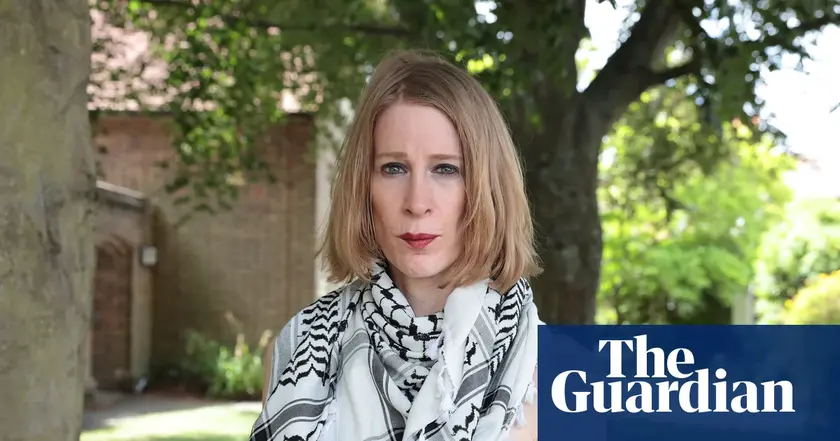
Pro-Palestine protester sues Kent police
